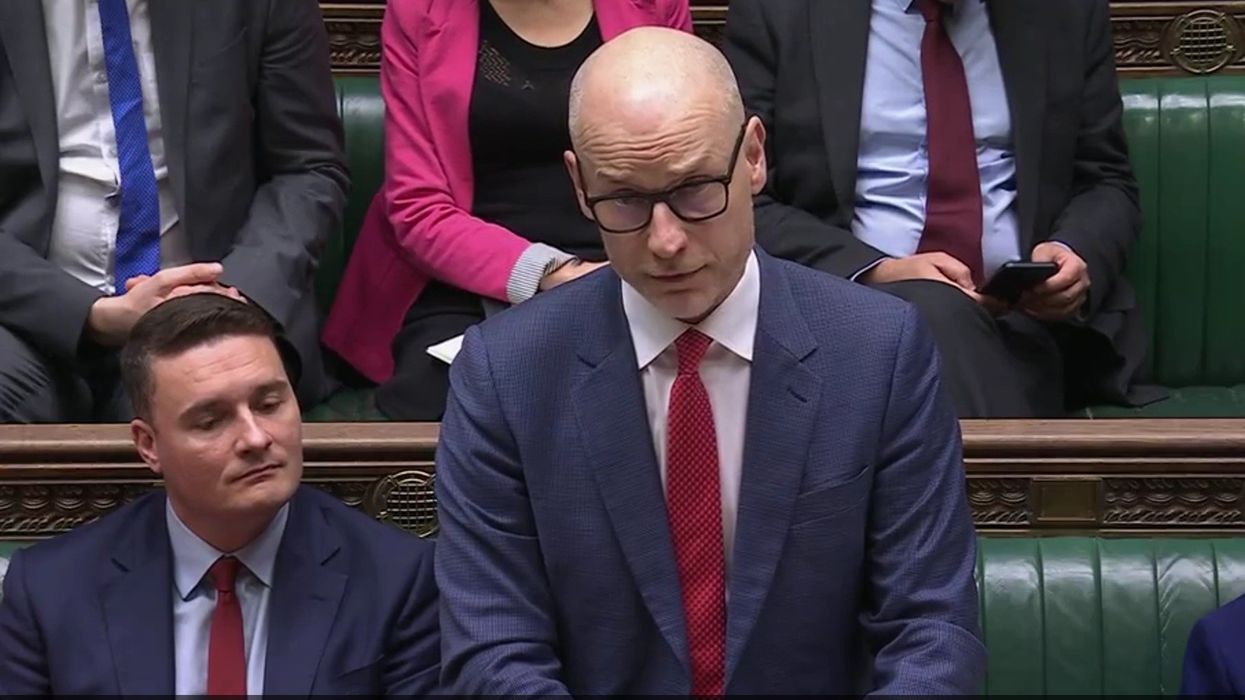By Steve Anderson
COVID-19 has had a huge impact on our lives and will continue to do so for many months to come even as lockdown restrictions are eased. The NHS faces the daunting task of catching up on postponed consultations and procedures in addition to 'normal' levels of demand with the flu season fast approaching.
It may take years before the clinical backlog is cleared. The Royal College of Surgeons has called on government to agree a 'robust plan' to address a 'double-whammy backlog' both of patients presently on the waiting list, and of those who have not yet been referred into the system.
Around 1.16m more referrals were made in April 2019 than in the same month this year.
It has been estimated that two-thirds of Britons with common life-threatening conditions have not received care due to Covid-19; seven out of 10 diabetics, 65 per cent of those with high blood pressure and 64 per cent of people suffering from breathing problems have had care cancelled by the NHS across the UK during the pandemic.
Throughout this crisis, community pharmacy has proven its place as the third critical pillar in our national healthcare delivery service alongside GPs and hospitals. When access to the latter was understandably restricted community pharmacies kept their doors open providing not only access to medication, but also trusted professional healthcare support and advice: a point recognised and praised by politicians and the public.
Given the massive healthcare challenges our country faces now is the time to 'reset' how we plan, deliver and commission healthcare using all the assets available in our communities.
For years, we have talked about 40 per cent of GP appointments which could be addressed by another healthcare professional; we have talked about providing better professional healthcare support in care home settings; we have talked about reducing avoidable medicine-related emergency admissions to hospitals; and we have talked about shifting the balance from treatment to prevention.
If we are being honest, much of that debate in recent years has side-lined community pharmacy in England unlike Scotland and Wales where the sector is seen as integral to the NHS provider “family”.
Now is the opportunity to rethink and reset how we give people the best possible access to meet their particular healthcare needs. It is an opportunity to reset professional care boundaries. It is an opportunity to create care pathways which are truly integrated (how do clinical pharmacist roles in PCNs relate to those of their community pharmacy colleagues?).
Put simply, is the Community Pharmacy Contractual Framework agreed pre-Covid-19 still fit-for-purpose given the changed circumstances? I think not, so let’s rethink and replan for the challenges which lie ahead.
“Think pharmacy first” is a message NHSE should be promoting more strongly: NHS 111 referrals are a step in the right direction, but we need more investment in educating the public about appropriate healthcare access routes: A&E GP or local pharmacy.
From illness prevention to chronic condition management community pharmacy should be the lead provider allowing GPs to focus on patients with more complex medical needs. Without that it is difficult to see how NHSE is going to cope in the years ahead.
However, that 'third pillar' role can only be delivered if sustainable funding is made available. Perhaps now, after the outstanding frontline role community pharmacy has played during the Covid-19 pandemic, government officials will no longer talk about 3,000 too many pharmacies and instead end pharmacy funding austerity and invest in a local community healthcare asset people want, trust and value not least in deprived areas where access to a GP can be a problem.
Covid-19 has fundamentally challenged how we provide healthcare access in our country; we need to learn those lessons; pause and reflect to consider how we build an improved care pathway infrastructure better able to meet people’s diverse healthcare needs.
Community pharmacy needs to be front and centre of that new approach. We can improve access to healthcare advice and support; which reduces healthcare inequalities; which takes pressure off other parts of the NHS; which provides a clinical setting to administer the Covid-19 vaccine if/when available.
PHOENIX has been lobbying the Government in England, both directly and indirectly, to wake up and understand what 'new normal' means for our healthcare system and that cannot be a return to where we were before the Covid-19 pandemic.
Steve Anderson is UK group managing director of PHOENIX.











